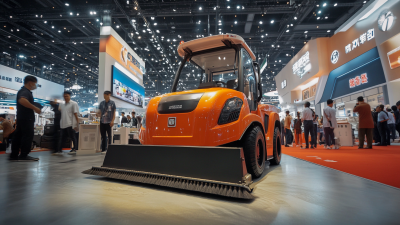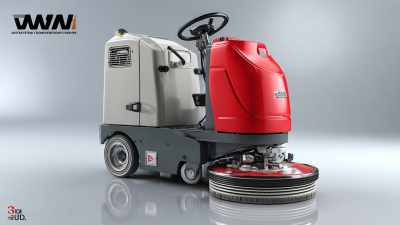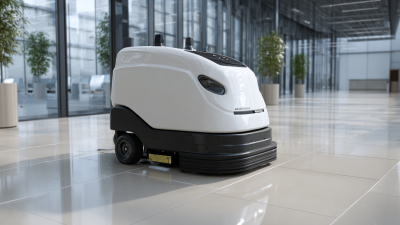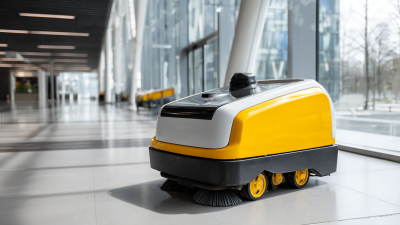Leave Your Message
In today's fast-paced industrial landscape, maintaining cleanliness and hygiene is paramount for operational efficiency. The adoption of Electric Industrial Floor Sweepers has emerged as a game-changing solution, automating the cleaning process while significantly reducing labor costs and time. According to a report by IBISWorld, the industrial cleaning services industry is anticipated to reach $62 billion by 2023, underscoring the increasing emphasis on cleanliness in workplaces. Furthermore, a study from the International Janitorial Cleaning Services Association reveals that a clean work environment can improve employee productivity by up to 15%. As organizations seek to maximize efficiency and uphold safety standards, the integration of Electric Industrial Floor Sweepers not only enhances cleaning performance but also supports sustainability efforts through reduced water and chemical usage. This innovative technology is revolutionizing how industries approach cleanliness, illustrating the profound link between a well-maintained environment and overall workplace efficiency.
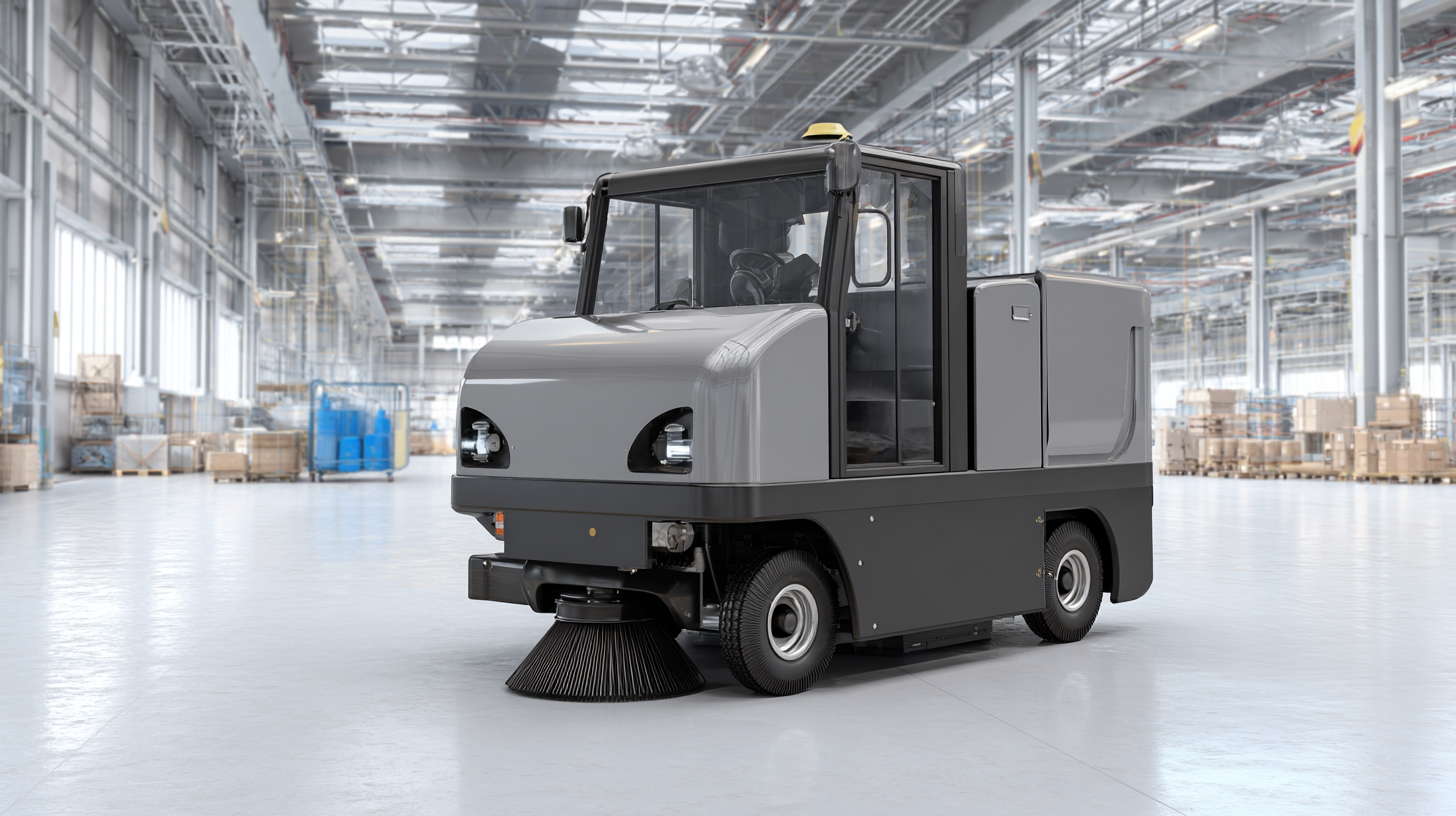
The market for electric industrial floor sweepers is witnessing dynamic growth as businesses increasingly prioritize cleanliness and operational efficiency. In 2023, several emerging trends are shaping the landscape of these cleaning machines. One significant trend is the integration of smart technology, which allows for real-time monitoring and data analysis. These advanced features enable operators to optimize cleaning schedules and resource allocation, leading to reduced operational costs and improved productivity.
Another notable trend is the shift towards eco-friendly designs and sustainable materials in the manufacturing of floor sweepers. As companies commit to reducing their carbon footprint, electric sweepers equipped with battery systems that offer longer runtimes and faster charging cycles are becoming more desirable. This shift not only enhances the sustainability of cleaning operations but also meets the growing consumer demand for environmentally responsible practices. The combination of technological innovation and sustainability is positioning electric industrial floor sweepers as essential tools for modern workplaces seeking efficient and green cleaning solutions.
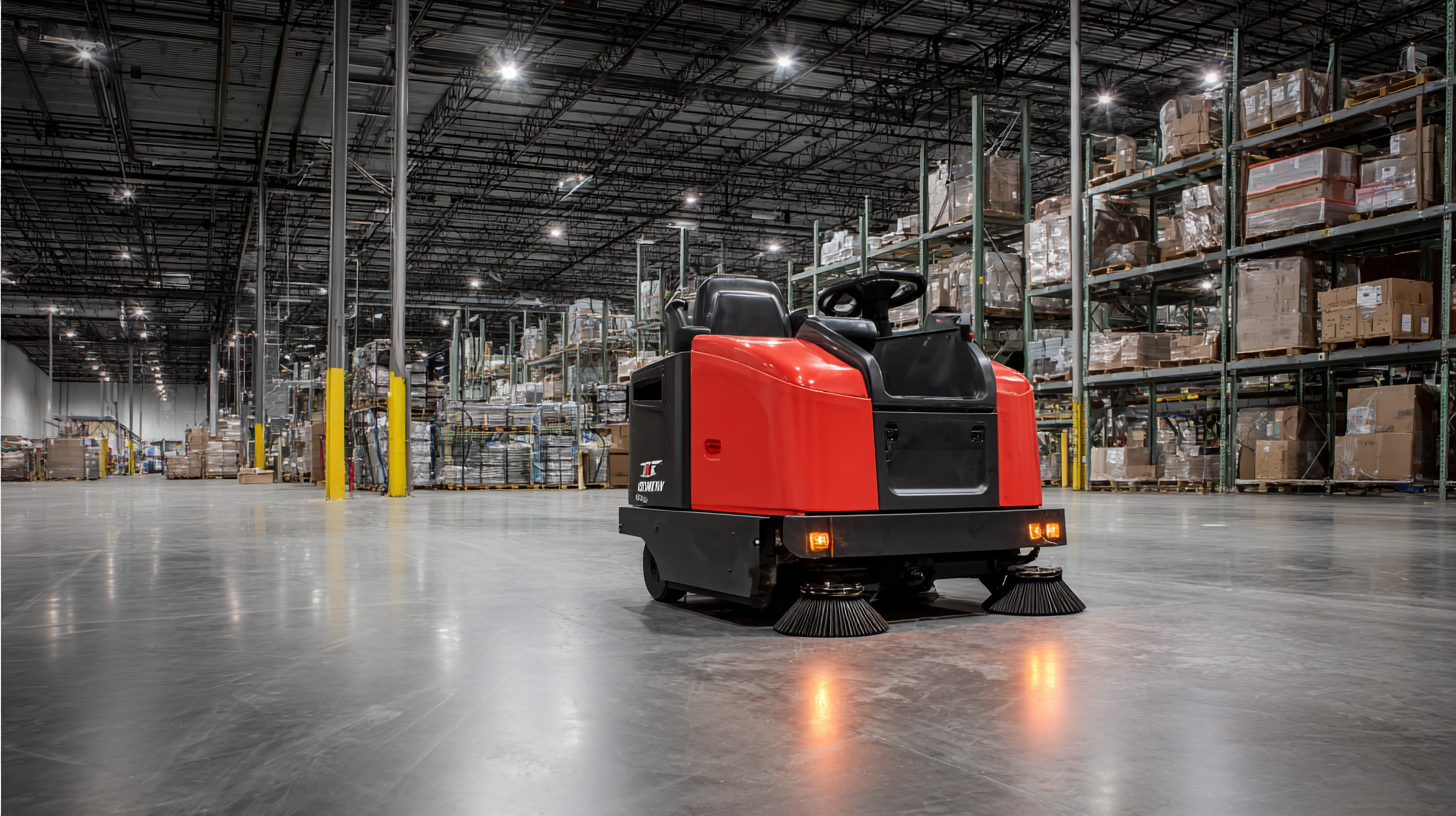
Electric industrial floor sweepers are transforming the way businesses maintain cleanliness and efficiency within their workspaces. With the ability to increase productivity by up to 30%, these machines streamline the cleaning process, allowing employees to focus on their core tasks rather than spending valuable time on manual sweeping. This substantial efficiency gain is particularly vital in large or busy environments where cleanliness directly impacts operations and employee morale.
The design of electric sweepers incorporates advanced technology that maximizes performance while minimizing noise and environmental impact. They are often equipped with powerful suction systems and innovative filtering mechanisms that not only enhance their cleaning capabilities but also ensure a healthier workplace. By shifting to electric sweepers, companies can reduce the time spent on maintenance chores, leading to a more organized and conducive work environment. This efficiency not only reflects in productivity levels but also contributes to higher employee satisfaction, as a clean workplace is proven to boost motivation and morale.
Electric industrial floor sweepers are becoming essential tools for enhancing workplace efficiency while simultaneously reducing operating costs. According to a recent analysis by industry experts, businesses can save up to 30% on traditional cleaning expenses by transitioning to electric models. These sweepers not only require less manpower but also consume lower energy levels, leading to reduced utility bills. With the right maintenance schedule, their lifespan can extend significantly, increasing return on investment over time.
Furthermore, electric sweepers are designed for optimal performance, rapidly clearing floors of dust, debris, and allergens. Reports indicate that workplaces using electric industrial sweepers experience a marked decrease in cleaning time, often cutting it down by over 40%. This enables staff to focus on core tasks rather than spending hours on maintenance. Ultimately, the integration of electric cleaning solutions results in a cleaner environment, promoting employee health and productivity, while also aligning with sustainability goals by minimizing the carbon footprint associated with traditional cleaning equipment.
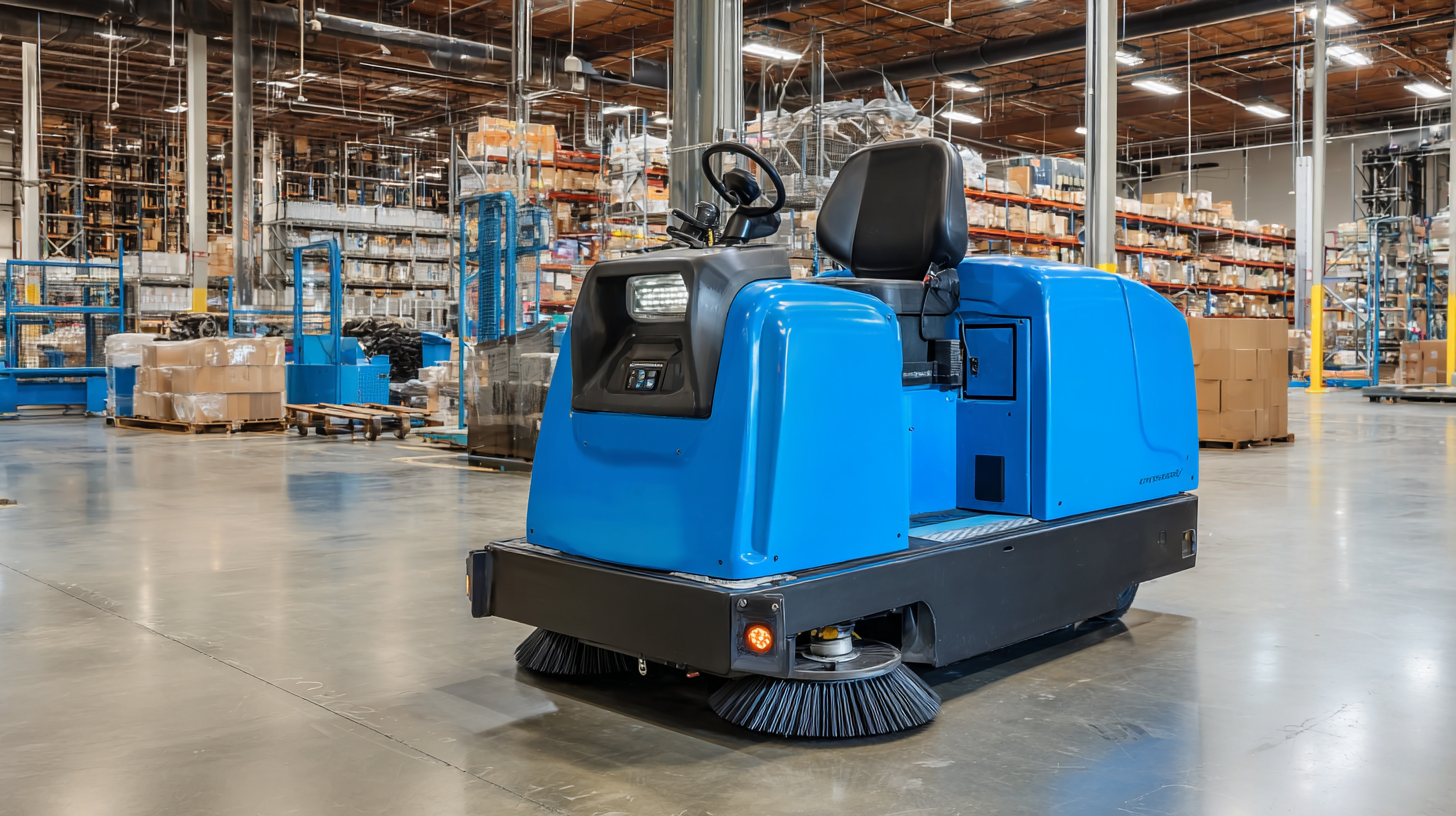
Electric industrial floor sweepers are transforming cleanliness in the workplace while significantly reducing environmental footprints. According to a report by the Environmental Protection Agency, traditional cleaning methods can result in high emissions of volatile organic compounds (VOCs), contributing to poor indoor air quality. In contrast, electric sweepers offer a sustainable alternative, using electric power instead of fossil fuels, which helps decrease greenhouse gas emissions. Data from the International Energy Agency indicates that transitioning to electric cleaning equipment can reduce carbon emissions by up to 50% compared to conventional gas-powered models.
Moreover, the efficiency of electric floor sweepers extends beyond environmental benefits. A study published in the Journal of Cleaner Production found that incorporating electric sweepers can improve workplace productivity by 30%, as employees spend less time managing waste and focus more on their core tasks. Additionally, these machines operate quietly, enhancing the workplace atmosphere and reducing noise pollution, which can lead to improved employee satisfaction. The dual impact of reduced emissions and increased efficiency positions electric industrial floor sweepers as a vital investment for businesses looking to promote sustainability while optimizing their operations.
| Feature | Traditional Sweepers | Electric Sweepers | Environmental Impact |
|---|---|---|---|
| Energy Source | Gasoline/Diesel | Electric Battery | Low emissions, minimal pollution |
| Operating Noise Level | High noise | Quiet operation | Reduced noise pollution |
| Maintenance Cost | Higher maintenance | Lower maintenance | Less environmental waste from parts |
| Cleaning Efficiency | Moderate efficiency | High efficiency | Better indoor air quality |
| User Ergonomics | Fatigue prone | Ergonomically designed | Enhanced worker wellbeing |
The demand for smart features in industrial cleaning equipment is on the rise, reflecting a significant shift towards automation and efficiency in the workplace. Electric industrial floor sweepers exemplify this trend, integrating advanced technologies such as artificial intelligence, remote monitoring, and smart navigation systems. These innovations not only enhance the cleanliness of work environments but also optimize operational efficiency by reducing the time and labor required for floor maintenance.
As businesses increasingly recognize the value of intelligent cleaning solutions, the market for smart industrial cleaning equipment continues to expand. Factors such as rising hygiene awareness, urbanization, and the need for cost-effective cleaning solutions contribute to this growth. Consequently, manufacturers are focusing on developing products that incorporate cutting-edge features, ensuring that user adoption remains high. The future of workplace cleanliness is undoubtedly intertwined with the evolution of smart cleaning technology, paving the way for a more efficient and productive industrial landscape.
